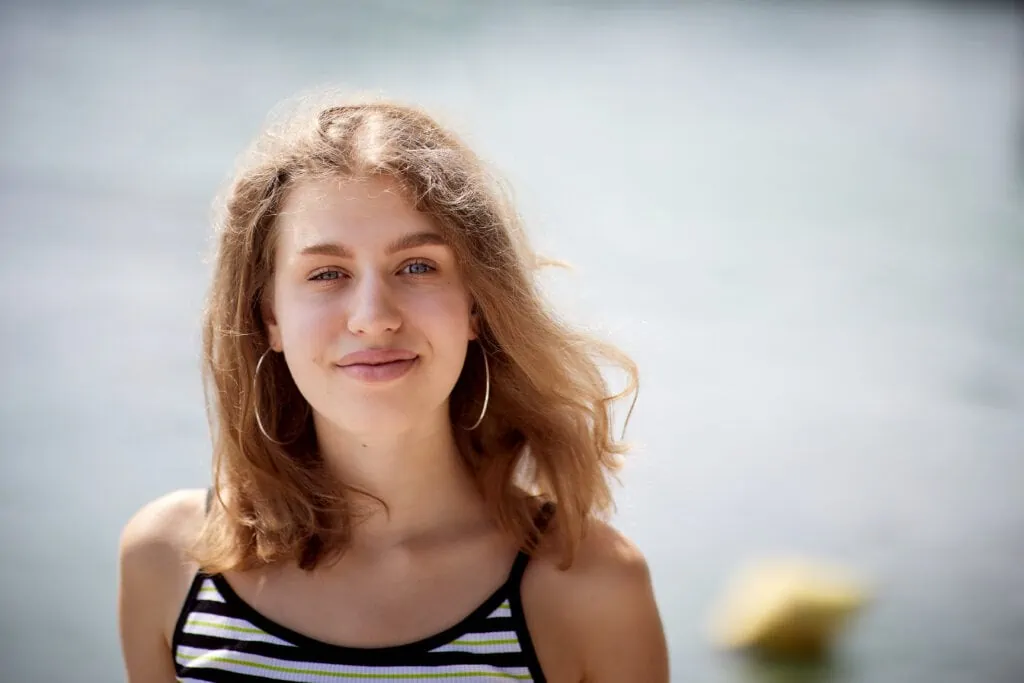War and destruction have driven them to flee. A journey full of uncertainty and without a destination. A journey that forced numerous Ukrainians to find a home in a foreign land. One of them is 17-year-old Dzvinka Vovk from Lviv. Together with her mother and little sister, she has been living in Switzerland since mid-March.
Interview with Mira Agostinis, MePower project team member
Dzvinka, you can speak German surprisingly well, how come?
In Ukraine, I attended the "Linguistic Grammar School". This is a state school in Lviv. German and English are compulsory subjects at this school.
What does your everyday life in Switzerland look like?
Together with my mother and little sister, I live with a nice family in Arlesheim, who helped us a lot when we first arrived. I wake up early during the week and go to school. I already have my school-leaving certificate in Ukraine, but here I'm in the 3rd grade at the Gymnasium Münchenstein. I take the same subjects as my Swiss classmates. After school, I meet up with other Ukrainians. I also enjoy reading and writing in my free time - preferably poetry and fan fiction.
How did you hear about the MePower project?
When I was learning German in Muttenz as part of the bridge program, our class teacher told us about the project. She said that we could go there without any obligation and get to know other Ukrainians.
What expectations did you have before the first meeting?
At first I thought it was a formal meeting. But when I attended the first workshop, I was surprised - it was funny and I had a lot of fun. It was cool, especially because we could speak Ukrainian with each other.
To what extent did the project help you to gain a foothold in the early days?
In the group, we talked a lot about our lives at home in Ukraine, our everyday school life and also about our escape to Switzerland. There was always a light and pleasant atmosphere at the meetings. And the food was always delicious!
How could young refugees be supported even more?
I believe that all young people would like to have more time and opportunities to pursue their hobbies. For example, young people who play an instrument and had to leave it behind in Ukraine. Here they have no access to instruments. I know two boys who played football at a high level in Ukraine. They can't train here because they don't have any contact with football clubs. Unfortunately, the hobbies of young refugees are not a priority. This is despite the fact that hobbies help them to come into contact with other people and develop personally. Leisure activities can help young people to feel comfortable in a foreign environment.
What are your plans and wishes for the future?
I hope to start studying at a university abroad in August. My mother and sister will probably stay here in Switzerland as long as there is a war. I hope it will end soon.


